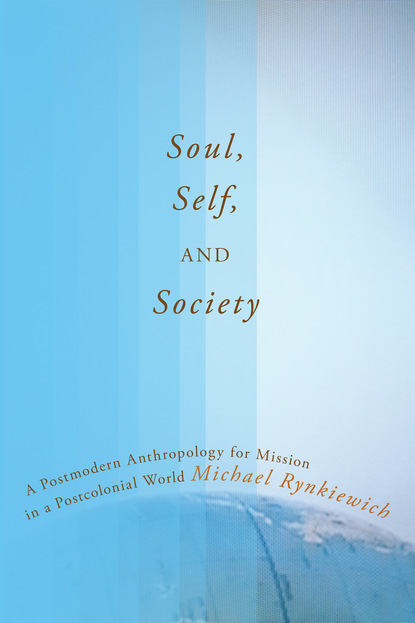
Soul, Self, and Society скачать fb2
Michael Rynkiewich - Soul, Self, and Society краткое содержание
Globalization and urbanization are twin forces that are powerfully shaping economics, politics, and religion in the world today. Traditional anthropological theories are inadequate to recognize and analyze trends such as global migration, diasporas, and transnationalism. New departures in anthropology and the social sciences seeking to address these and other phenomena can help us critique and reshape the theology and practice of Christian mission. Today most societies are no longer monocultural. In such multicultural contexts any given individual may be competent in several cultures, several languages, several social networks. What does it mean to be in mission with people on the move–people who present themselves in one social identity, language, and culture within a particular setting, and then in another setting, even on the very same day, present themselves in another social identity, language, and culture? In the face of widespread, rapid movement of peoples and their increasingly fluid and multifaceted identities, will the missionary settle down somewhere or be itinerant along with the people? How are perplexing new questions in particular contexts to be addressed, such as: In what ways is the Nigerian who is founding an AIC congregation near Houston a missionary too? How will Brazilians and Koreans be trained for cross-cultural ministry? The world is changing faster than missionaries can be retrained for service. And yet ethnographic tools are still crucial to missionary practice. This important work seeks to draw on recent developments in anthropology to bring valuable perspective and tools to bear on equipping missionaries for work amidst the rapid shifting and complex shaping of peoples by the forces of today's globalized world.
Скачать книгу «Soul, Self, and Society» Michael Rynkiewich
Чтобы оставить свою оценку и/или комментарий, Вам нужно войти под своей учетной записью или зарегистрироваться



